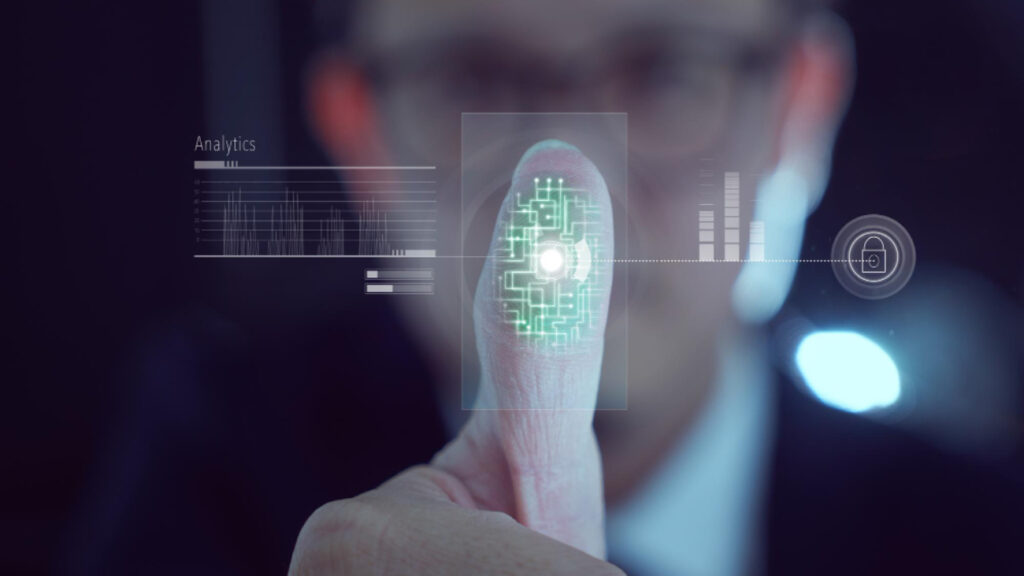People like to ask questions about the changing ways of trust on the Internet stated Bahaa Abdul Hadi. Whether we are buying things, trying for a service, or chatting on social media, proving who we are online has become essential.
But as concerns about data privacy continue to grow, many are asking, is it possible to prove our identity without giving everything away? The answer lies in redefining what trust means and how it should be validated in computer networks.
The Traditional Approach to Online Trust
Historically, proving your identity in cyberspace has often involved sacrificing a lot of personal information. Whether it’s a user name and password or real or perceived biological data, the premise has always been that the more you give, the easier it is to prove who you are.
However, this model has its weaknesses. Data breaches, identity theft, and a general unease with sharing personal information online have left many people wondering whether the cost of proving your identity is simply too high.
The Privacy Dilemma
When asked to justify our existence, we are often under pressure to release personal details we’d rather keep secret. This is a major problem at a time when everybody is preoccupied with the issue of data privacy. Trusting simply in the platforms we use is no longer sufficient—we need instead better ways to authenticate our identity that do not give away too much information.
Though few, the concept of privacy by design—that online services should be built so as to hold as little personal information about you personally as possible while still offering secure mark and dependable authentication
Emerging Alternatives to Traditional Identification
- Decentralized Identity Solutions: A promising approach to online identity verification is the use of decentralized identity systems. These systems, often built on blockchain technology, allow individuals to control their own identity without relying on centralized databases.
Instead of a third party storing your information, you maintain control and can share specific attributes (such as age or nationality) as needed, without exposing your entire identity. This model gives users more control over their personal information and reduces the risk of data breaches.
- Zero-Knowledge Proofs (ZKPs): Zero-knowledge proofs allow users to prove they know something (such as their identity or a secret password) without actually revealing any information about it. Think of it as proving you know a password without saying the password itself. ZKPs are gaining traction in fields like cryptocurrency, but they also hold significant potential for identity verification. For instance, you could prove you’re over 18 without revealing your exact birthdate.
- Behavior Recognition Biometrics: While conventional biometrics (such as fingerprints and facial pattern recognition) are worrying from a privacy angle, new authentication methods are based on how people behave rather than what they look like.
Behavior recognition biometrics looks at patterns such as the speed at which we type, mouse movements, and the manner in which we swipe a touch-sensitive screen on our phone. These factors can be used to create a unique behavioral profile so that it is possible to prove who we are without collecting a lot of very intrusive data.
- Federated Identity Systems: Users can log into different services using established accounts for credible platforms like Google or Facebook. This system cuts down on tedious attempts to make and keep numerous passwords while maintaining good security and trust levels.
Conclusion
Ultimately, redefining trust online is about more than just proving who we are—it’s about creating a digital environment where we are empowered to control our personal data, making informed decisions about what to share and when to keep it private. The more we move towards privacy-respecting and secure authentication methods, the easier it will be for us to prove our own identity without having to reveal everything online. The article has been written by Bahaa Abdul Hadi and has been published by the editorial board of Identity Herald. For more information, please visit www.identityherald.com.




